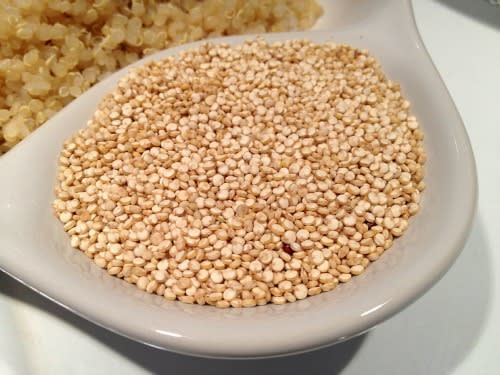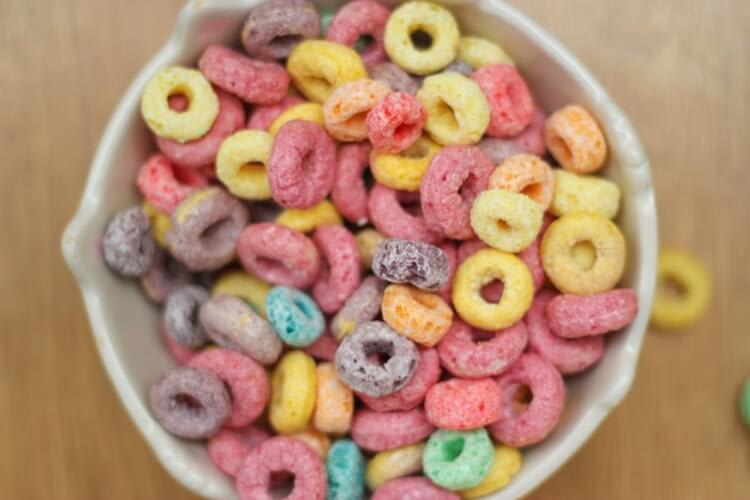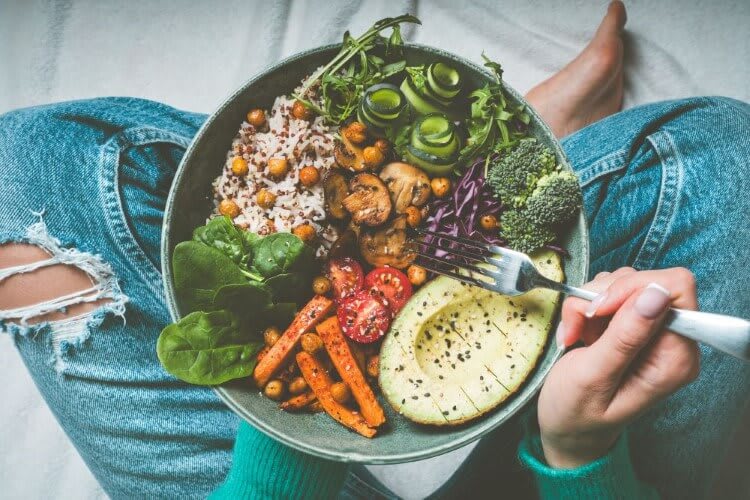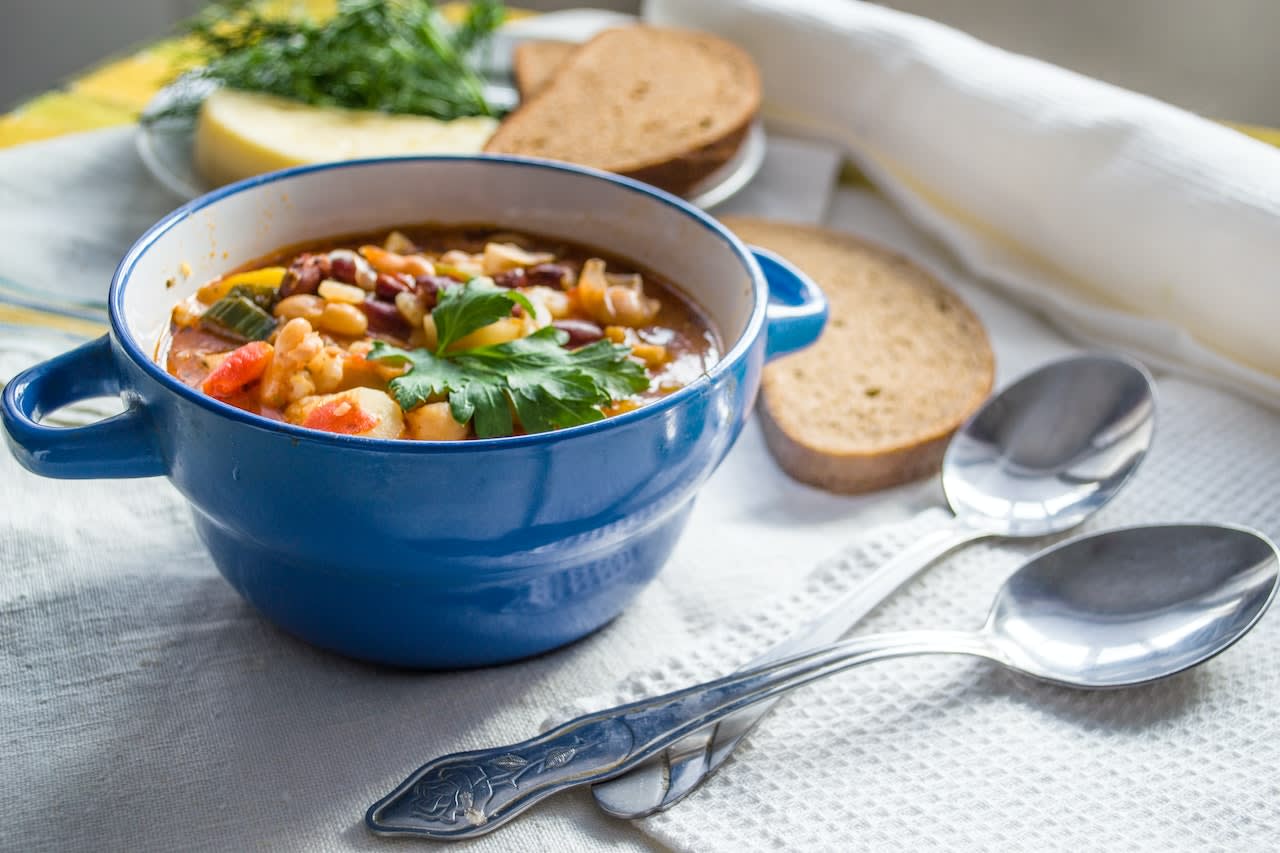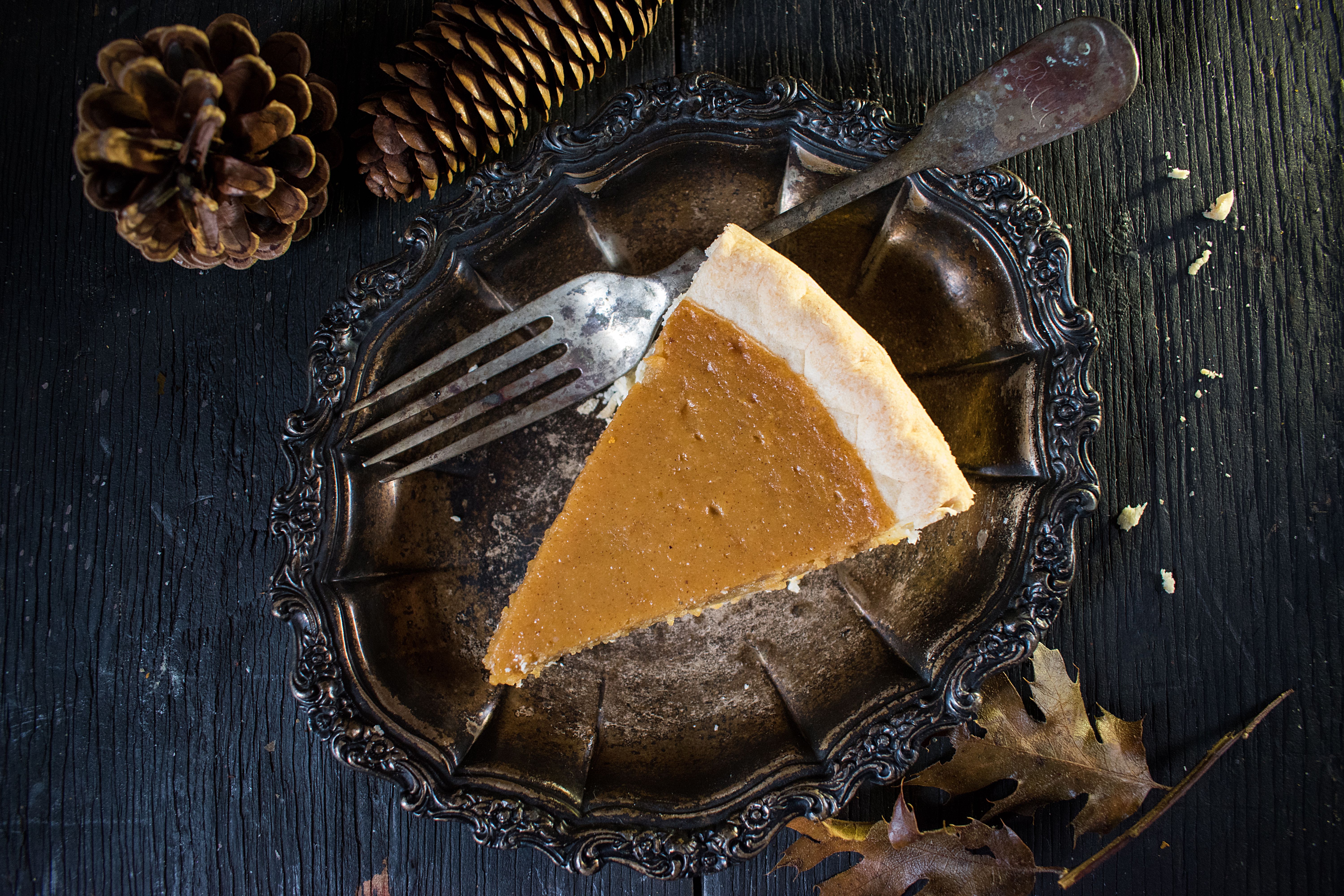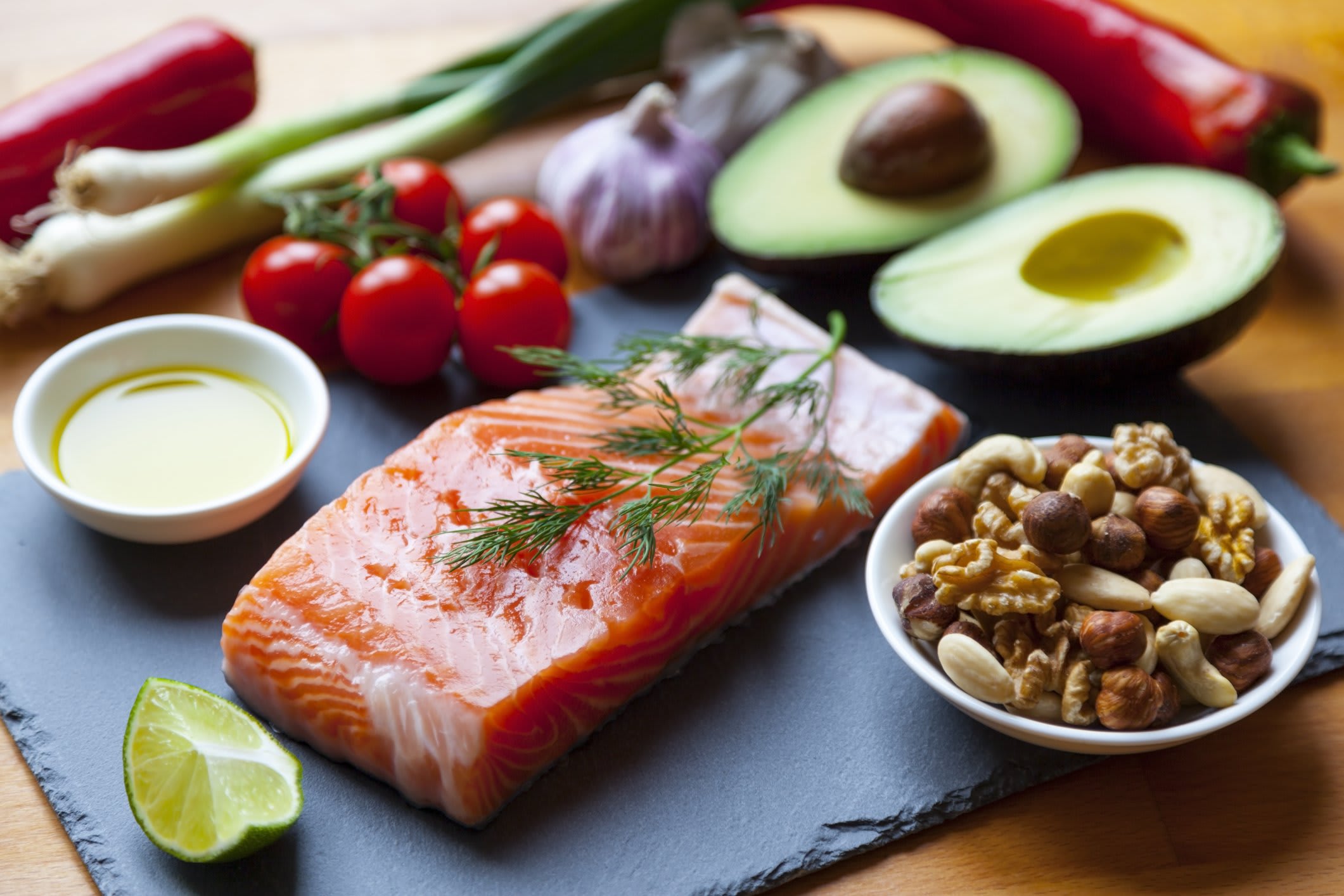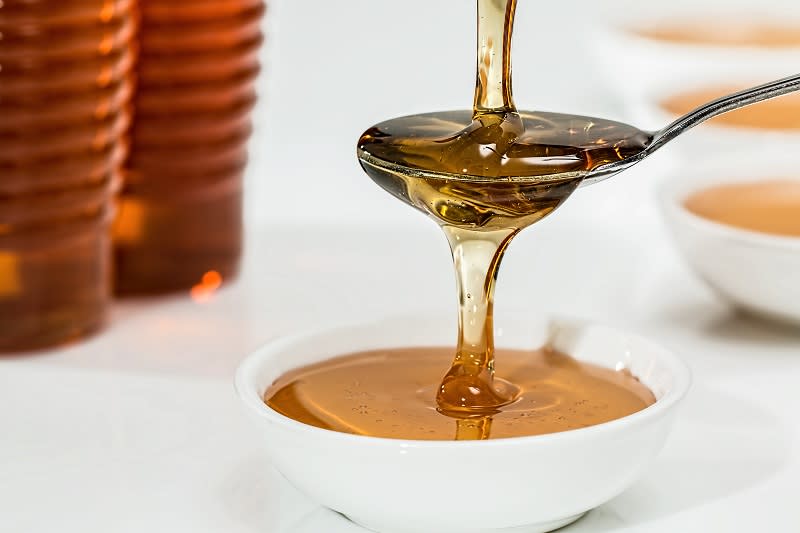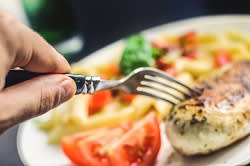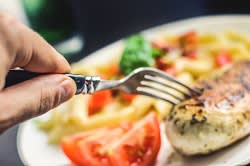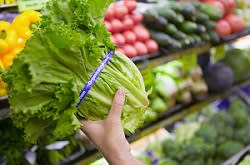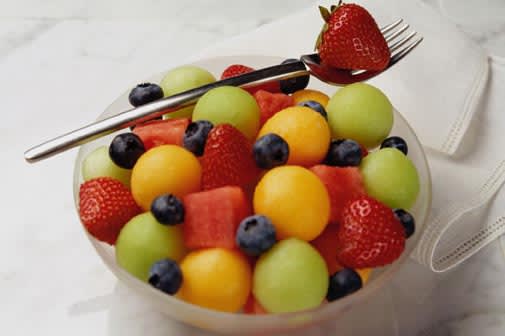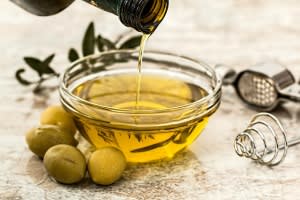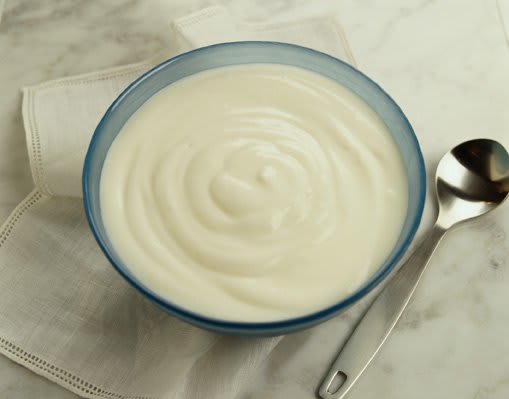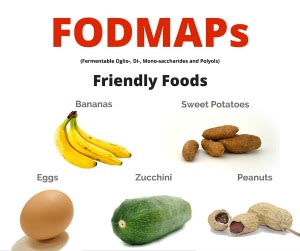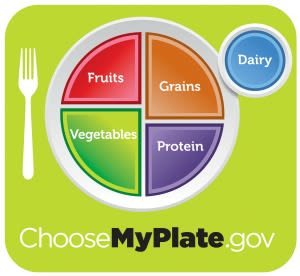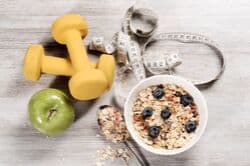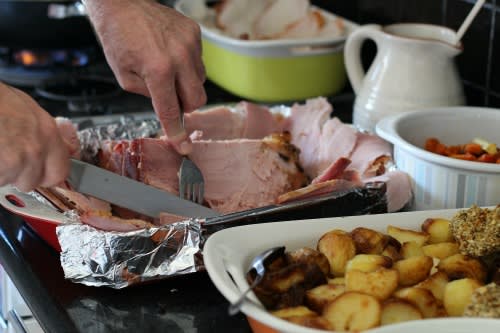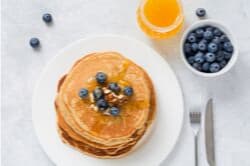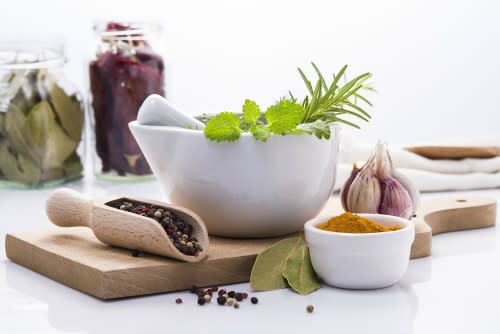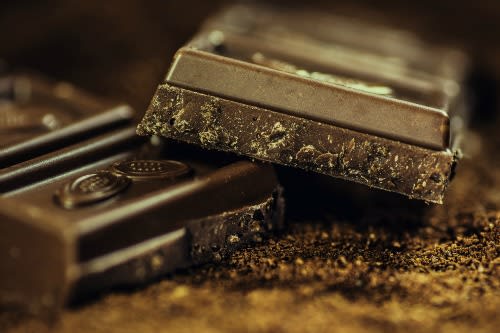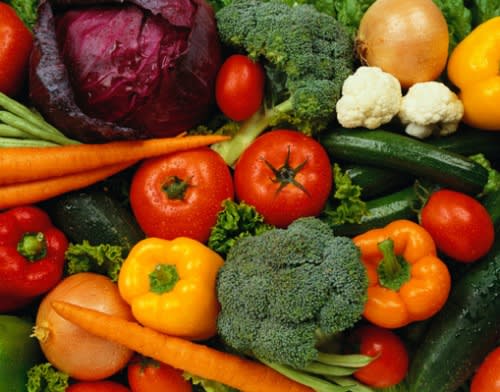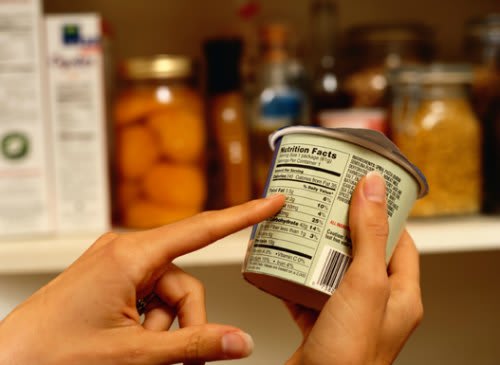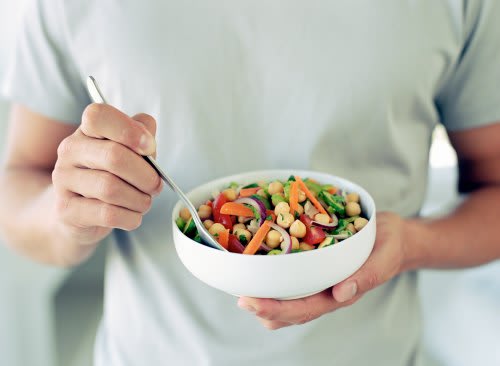Against the Grain
Published: May 20, 2015l
By Stamford Health Staff
Is G-free right for me?
You’ve likely heard in the news media, high level athletes who have switched to a gluten-free diet to enhance their sport performance. You may even know some athletes and exercisers at your local gym or elsewhere who swear by the dietary lifestyle and the athletic edge they purport it gives them. In an effort to maximize and support your own fitness and health related goals, you may have even dabbled in it once or several times. “Going gluten-free” is definitely a phrase that’s thrown around these days in athletic circles quite frequently. But does it really have any potential benefit related to sport performance, on any level, pro or otherwise? It begs the question, “Is gluten-free, right for me?” Let’s explore!
What is gluten?
Gluten is a natural protein complex found primarily in the grain products wheat, rye, and barley, and the products that contain them. Sometimes oats can have gluten on them if they get contaminated with wheat, through cross contact, during processing. It gives bread dough its elasticity and allows it to rise, and contributes to the chewy and spongy texture found with most baked goods. It is often used as a food additive, as well, as it acts as a thickener when added to soup, dressing, and sauce products. Gluten is not nutritionally necessary, but it is not bad for us either. It only poses a threat to those whose bodies react adversely to the protein complex, similarly to those who experience sensitivities to common foods such as milk, eggs, nuts, soy, seafood, and even fruits and vegetables in some cases.
Why give it up?
About 1 percent of people in the United States and Canada have celiac disease, a disorder in which the body can’t tolerate gluten, a protein found in wheat, rye, and barley. In these individuals, gluten triggers intestinal inflammation, damages the small intestine, and eventually can interfere with the absorption of nutrients, including iron and calcium. Gluten intolerance can easily lead to health challenges for an individual, such as anemia and osteoporosis, if not careful, as well as diminished sport and exercise performance. A gluten-free approach is often the only course for remedy of symptoms related to gluten intolerance. Alternately, many athletes and exercisers, with the hopes of gaining some athletic benefit, eliminate gluten containing grains and products from their nutrition plans.
Is going gluten-free effective?
A properly followed gluten-free diet will certainly improve symptoms in someone who is gluten intolerant. Athletes who have been diagnosed with celiac disease will typically feel better and likely will see an improvement in performance as their small intestine rests and absorption improves. Someone who has a subclinical issue with gluten likely too will notice marked improvement. But for others, who perceive that their athletic performance is better as a result of gluten elimination, researchers suggest that it may be placebo effect and/or a general improvement in overall dietary quality.
Potential Challenges?
Athletes and exercisers, whether your sport or exercise is resistance or endurance in nature (or both) rely on carbohydrate as a primary source of fueling for and refueling from the work done during exercise. Grains such as wheat, rye, and barley, and the products made with them, contain gluten, but also contain other important nutrients for athletes. These helpful nutrients include water, carbohydrate, lean protein, healthy fats, vitamins, and minerals. Eliminating these nutrient dense grains, without necessity and careful consideration, may leave an exerciser and athlete at risk for deficiency, low-energy, and anything but improved performance. If deciding to go gluten-free the key lies in finding other gluten-free grains or food sources that provide those key nutrients, in effort to meet individual needs.
The take home message!
You may avoid wheat, rye, and barley and the products that contain them because you have celiac disease, are gluten intolerant, or simply choose to limit your intake of these products for personal reasons, but in any case there is no substitute for a good sports diet if your goal is optimal sport and exercise performance and enjoyment! With careful planning, you can still meet your sports nutrition needs on a gluten-free plan . If you are unsure how to best accomplish that, reach out to your local Certified Sports Specialist Dietitian, and check out the gluten-free “Spiced Lemon-Herb Quinoa” recipe attached.
See below for a tasty gluten free recipe!
Spiced Lemon-Herb Quinoa Salad
#Servings: 4
Serving size: ½ cup
Ingredients:
1 cup quinoa
½ teaspoon sea salt
2 cups all-natural (gluten-free) fat-free/low-sodium vegetable or chicken stock
1 tablespoon dry-roasted almonds, chopped
2 teaspoons freshly grated lemon zest
¼ cup fresh basil, chopped
¼ cup fresh cilantro leaves, chopped
1 teaspoon ground cumin
½ teaspoon garlic powder
¼ teaspoon chipotle powder
2 tablespoons fresh lemon juice
3 tablespoons extra-virgin olive oil
½ teaspoon ground black pepper
Preparation:
1. Place quinoa in a fine mesh sieve and rinse under cold water, moving regularly, until water runs clear
2. Transfer the quinoa to a medium saucepan and add the salt and stock. Bring to a boil, cover, and reduce to a simmer. Cook for 20 minutes or until liquid is completely absorbed
3. Transfer cooked quinoa to a medium bowl. Add the almonds, zest, fresh herbs, cumin, garlic powder, chipotle, lemon juice, olive oil, and black pepper. Stir to combine
4. Serve and enjoy!
Nutrition (per serving): calories 210, total fat 7g, saturated fat 1g, trans fat 0g, cholesterol 0mg, sodium 330mg,
total carbohydrate 29g, fiber 4g, sugars 0g, protein 8g
Featured Expert/ Author


